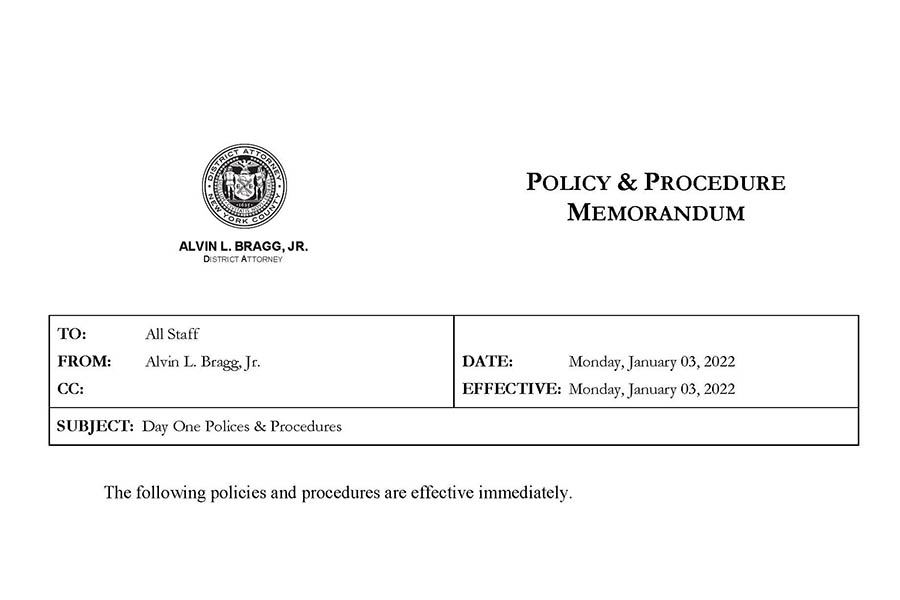Whether you are being sentenced in federal or state court, it is critically important to carefully plan what you are going to say to the judge, both in written submissions and orally, before the sentence is imposed. Acceptance of responsibility and true remorse are key factors judges consider when imposing a sentence.
A recent article about a federal sentencing in Florida is a perfect example. A judge in the Southern District of Florida changed her mind and imposed a more severe sentence after listening to the defendant speak. The case involved a low-income housing fraud scheme. The defendant claimed contrition and responsibility, but immediately thereafter stated he did not act with fraudulent intent and never received a single complaint of underpaying a worker. Nearly a full year was added to his sentence as a consequence. His statement, according to the judge, was a far cry from any acceptance of responsibility she had heard in 30 years on the bench. The judge also remarked that she didn’t know who the defendant made the statement for, but suspected it was for members in attendance and their perception of him as a CEO of his construction firm.
In this instance, the defendant violated two important rules: first, he denied the very essence of the charge – fraudulent intent; and second, he walked away from true acceptance of responsibility by denying any intent to defraud. In response to the court’s questioning, the defendant remarked “if there is any victim, I am all ears to listen to that person.”
Such examples are less common than a defendant that simply gets carried away when he thinks the court is receptive to his remarks or “story.” At times, judges engage in a dialogue, asking the defendant questions about why they got involved in the criminal conduct, or how they could have led a seemingly law-abiding life and engaged in such aberrant behavior. Without proper preparation, a defendant can easily slide into statements and explanations that the court may interpret as excuses or walking away from full acceptance of responsibility, warranting harsher punishment. While the defendant can offer context about the criminal conduct, he must always stay true to telling the court that he accepts full responsibility for his conduct and does not shift the blame to others.
The case in Florida does not mean that the defense attorney did not discuss acceptance of responsibility and remorse with the client. Rather, it may have been a situation where the client decided that no matter what he would continue to maintain that he had no fraudulent intent. However, the client must always be made aware of the likely consequences of such a position. Lastly, it must be remembered that judges hear defendants’ sentencing statements every week, so the client must not try to “sell” or charm the judge, as it will backfire. True remorse and acceptance is obvious to the listener.
I have been involved in countless cases where the court tells the defendant that she was going to give him X years and, after listening to him, has decided to give him a reduction based on his true, heartfelt remorse. In deciding the best course of action, it is always important to keep in mind that the sentencing judge wants to know why the defendant in front of them deserves mercy.
Stahl Gasiorowski Criminal Defense Lawyers aggressively defend individuals charged with complex federal and state crimes. Founder Robert G. Stahl is recognized as one of the top criminal defense attorneys in the NY/NJ area for his skills, knowledge and success. To contact the firm, call 908.301.9001 for the NJ office and 212.755.3300 for the NYC office, or email Mr. Stahl at rgs@sgdefenselaw.com.




Leave A Comment